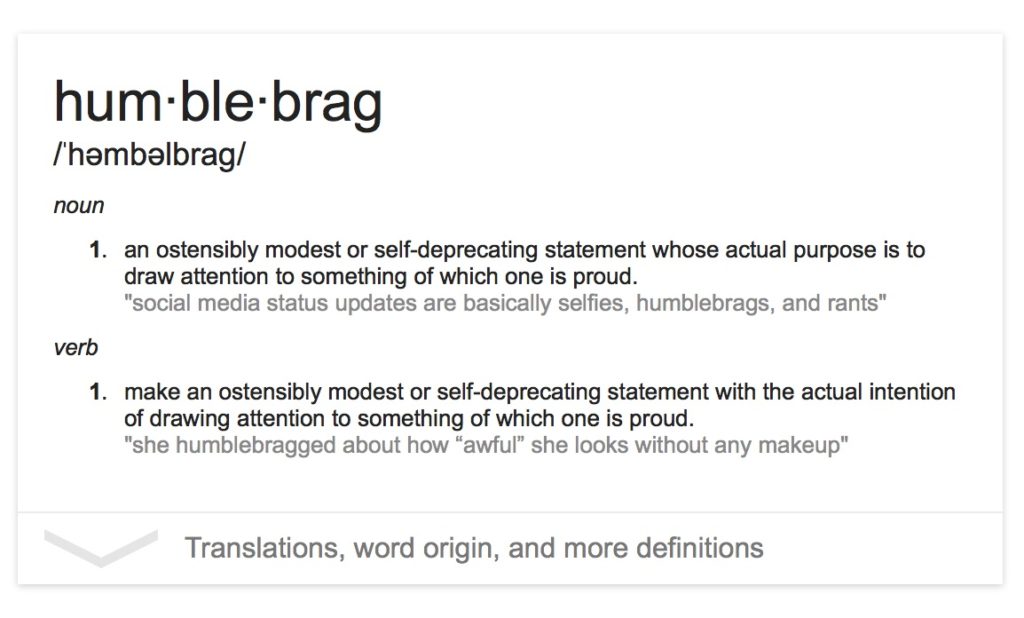In my last blog post, I reflected on my personal disconnect between the enthusiasm (over-enthusiasm some might say) I demonstrated in documenting my family’s recent road trip and the challenges I experience in documenting my professional growth. I suggested that as – depending on geography – schools are preparing for the imminent return of teachers and students that it would be useful to try to unpack some of the inhibiting factors that get in the way of a teacher or an administrator (or a lay leader) going through the cycle of “learn, reflect, and share”.

A few people who commented on the post, rightfully pointed out the clumsiness of the analogy. One’s enthusiasm can wax and wane to the degree that one is choosing to do something versus being required. One’s time could be allocated differently to photography versus a written reflection. And I agree with both points. One commentator pointed out something that I hadn’t considered at all and that is the degree to which having an intuitive and easy-to-use structure like pegging photos to a Facebook timeline matters. I think that is spot on. The relationship between process and product may matter and it begs further exploration. Those of you who know more than I – and that’s quite a lot of you – if there are new and exciting platforms that make it easier to document professional growth, inquiring reflective practitioners want to know!
There are other inhibiting factors as well.
I have written and spoken a lot about time as a zero-sum game and hereto it applies. Over the last year I have had the pleasure of visiting lots of schools and engaging with even more and scheduling as an expression of values almost always rises to the top. With no judgment implied, it seems reasonable to me to assume the following:
- Schools struggle to schedule adequate time for professional growth.
- It is difficult to require professional growth – let alone reflection and sharing – without providing adequate time for it to happen.
- Thus, we wind up counting on tapping the finite well of educators’ natural altruism as the primary resource allocated to professional growth.
But none of the above is what I am interested in exploring here. Maybe they are the best remedies for what ails the ecosystem, and I do want to know more about better platforms, better schedules and all the sticks and carrots being used to successfully inculcate a culture of learn, reflect and share within and between schools. This is essentially the work of edJEWcon.
However, as I engage as actively as I can in blogs, groups, chats, etc., I want to identify another barrier that I think can inhibit even the best possible situation – an educator who wants to contribute to the conversation and even has the time, motivation, content and know-how to share…and, yet, still holds back.
I think one of the most inhibiting factors that contributes to lurking and a sense that the same voices dominate the conversation is that we have been conditioned to believe that “sharing” is akin to “self-promotion”.
Let me acknowledge the other side of the argument I want to make just to get it out of the way. People do take advantage of social media, chats, blogs, conversations, etc. as opportunities to self-promote. It happens. Frequently. And it does represent a breach of etiquette and a challenge to the moral imperative of sharing we are trying to create. I have been in those chats and comment sections where it feels more like jockeying for an opportunity to present one’s wares rather than a genuine desire to engage, share and learn from those present. And if I am being honest, knowing how the game is played and that there can be winners, I’ve probably been guilty of it myself. [If you ever find yourself on a chat with me and you feel like playing a drinking game, take a shot every time you hear me say “edJEWcon”. Just be sure you have a designated driver.]
Still.
The concern that whenever we genuinely share can be misconstrued as self-promotion can lead to conversations where only the self-promoters share! Everyone else is too humble to brag except the humblebraggers! [This isn’t to suggest that there aren’t genuine and thoughtful participants; I am exaggerating to make a point.]
I am deeply concerned about helping the thoughtful practitioner convert from lurker to contributor. The ecosystem will only work when feedback loops actively exist and inform. The power of networks is in their ability leverage excellence, facilitate conversation, engage peers in ongoing professional growth and to amplify the learning. That requires more voices more often. That requires the courage to contribute…
I’d rather run the risk of self-promotion if we can raise the volume of sharing. Discerning professionals will weed out the former for the latter. Let the problem of professional growth for Jewish Day Schools be too many dedicated professionals sharing their growth with peers and receiving too much feedback.
Hopefully this humble(brag) blog post will light the spark…

